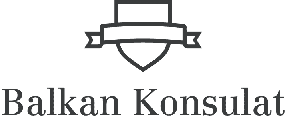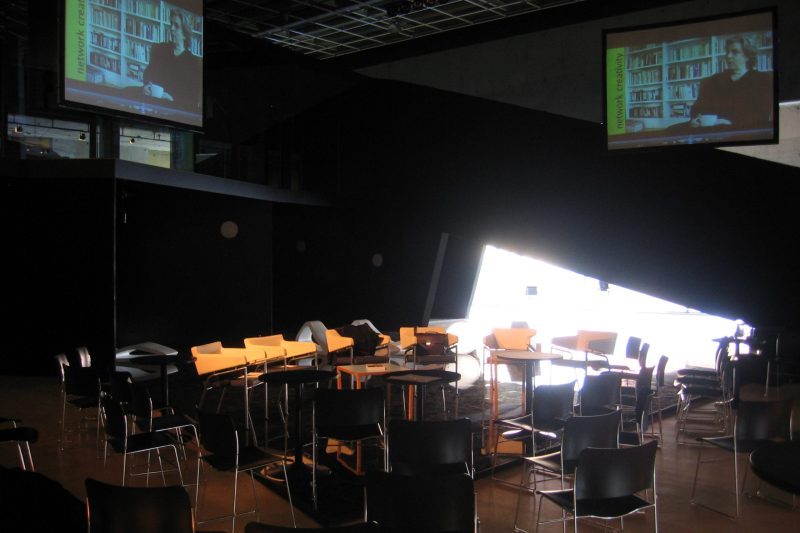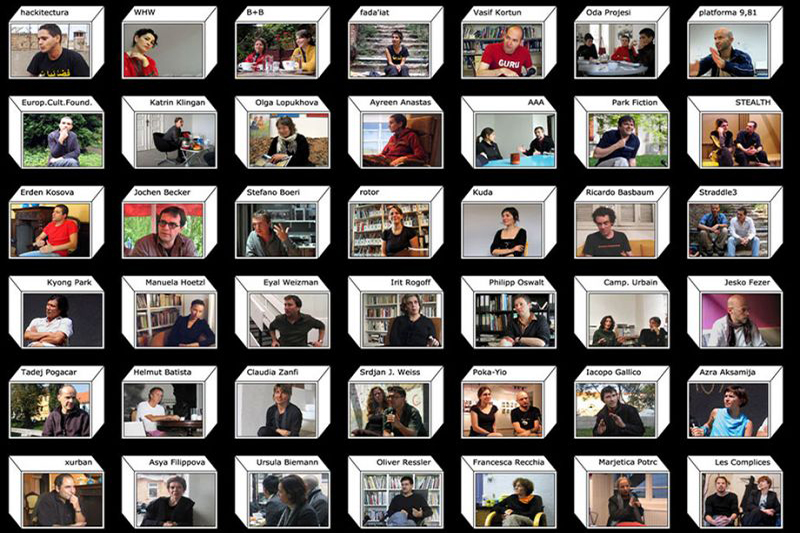- Database
- Graz
- 01.10.2002
- NETWORKED CULTURES
BALKAN KONSULAT
For one and a half years, < rotor >, an association for contemporary art, became the “Balkan Konsulat”.
During the whole year of “Graz 2003- Cultural Capital of Europe”, curators from South-Eastern Europe came to the consulate to organize the program for this very important year.
The guests of the Balkan Konsulat were from Belgrade, Prague, Istanbul, Budapest, Sarajevo and Vienna (St. Petersburg was a Special Guest in the framework of the 2003 project SPB), forming the essential motors of the development of contemporary art in their environment. The participating curators from these cities have developed multi-layered projects for Graz. Apart from the presentation of visual arts in the premises of the consulate, there were movie and DJ nights in exterior locations. These exterior branches of the consulate were the Mediatheque of the city of Graz and the locally popular bars vipers at thienfeld and celery’s_the juice bar.
The Balkan Konsulat hosted a cafe, mediating the spirit of the various cities through books, catalogues, magazines and videos.
Where do the Balkans start, where do they end? It is not easy to trace the Balkans’ borders. The attempt to locate its mentality leads to never-ending discussions: Every country interprets the “Balkans” differently. From a German perspective, they start in Austria, from there in Slovenia, from Slovenia in Croatia, from Croatia in Serbia etc. The philosopher Slavoj Zizek says: “The Balkans are always the Other.”
Is Graz part of the Balkans or not? The city of Graz often claims to be the gate to South-Eastern Europe. This statement reveals the wish to obtain some importance for this geographical region. As a matter of fact it is clear that South-Eastern Europe has influenced the culture of this city with lasting effects.
The “Balkan Konsulat” exhibition project can be seen as a continuation of < rotor > gallery’s long-standing commitment to the contemporary art of South-Eastern Europe. This cooperation has resulted in a comprehensive network of artists and cultural institutes that extends from Slovenia to Ukraine.
Apart from the rotors, Margarethe Makovec and Anton Lederer, the curator Lejla Hodzic from Sarajevo was deeply involved in the conception of the project. And the corporate identity for the consulate also came from Sarajevo.
The term “Balkan Konsulat” was introduced by Uros Djuric, artist from Belgrade. He was the first to call < rotor > the “Balkan Konsulat” in October 2001.


